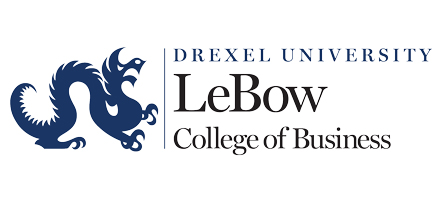
Chicago’s Booth School of Business today (March 15) edged ahead of perennial rival Northwestern University’s Kellogg School in U.S. News & World Report’s new 2011 ranking of the best Executive MBA programs. The two schools switched positions so that Chicago is now number two and Kellogg is number three. Wharton’s Executive MBA program retained its number one ranking in the U.S. News survey.
Besides the Booth-Kellogg flip flop, there was little movement among the top ten. EMBA progrms at six schools were ranked in exactly the same places as they were last year–Duke in 4th, Columbia in 5th, New York in 6th, Michigan in 8th, and North Carolina in 10th. Berkeley’s Haas School fell two spots to 9th from 7th, while UCLA’s Anderson School rose three places to 6th from 9th.
The U.S. News survey–based entirely on the magazine’s poll of deans and MBA program directors–saw five schools disappear from the top 25 list: Xavier University in Cincinnati, St. Joseph’s in Philadelphia, Georgetown University’s McDonough School in Washington, D.C., and Fordham University in New York.
They were replaced by the EMBA programs at four new schools: Washington University’s Olin School of Business in St. Louis, MIT’s Sloan School in Cambridge, Mass., the Thunderbird School of Global Management in Arizona, and the University of Washington’s Foster School of Business in Seattle.
For yet another year, U.S. News’ list included Stanford’s Graduate School of Business, even though Stanford does not have an Executive MBA program. Oddly, Stanford improved its ranking by one place, moving to 12th from 13th. The school’s inclusion is a strong reminder to users of the ranking not to take it too seriously.
The deans and MBA directors U.S. News asked to name and rank EMBA programs have no direct knowledge of these programs at other schools. They largely select schools on their overall reputations–which is how Stanford ends up on the list even though it has no EMBA program.
This flaw was highlighted recently by New Yorker staff writer Malcolm Gladwell in a scathing critique of the U.S. News methodology for ranking colleges oveall. It is a much bigger problem here because U.S. News’s specialty ranking, ranging from this list of EMBA programs to how schools fare in individual disciplines such as finance and marketing, is completely based on the dean polls.
In contrast, a biennial BusinessWeek ranking of EMBA programs surveys both the graduates of the programs for customer satisfaction as well as EMBA directors who are far more likely to have knowledge of their rivals’ programs.
The biggest year-over-year winners on the list? Cornell University’s EMBA program moved up five notches on the list to 20th. Virginia’s Darden School of Business jumped ahead four places to 14th from a rank of 18 last year. And Seattle University’s Albers School of Business moved up four places to 18th from 22nd in 2010.
Southern Methodist University’s Cox School of Business lost the most ground, dropping nine places to a rank of 23 from 14 last year. Marquette University in Milwaukee, WI, fell six spots to 20th from 14th. And the University of Texas at Austin’s EMBA program tumbled four places to 18th from a three-way with Marquette and SMU last year (see complete ranking on the next page).




